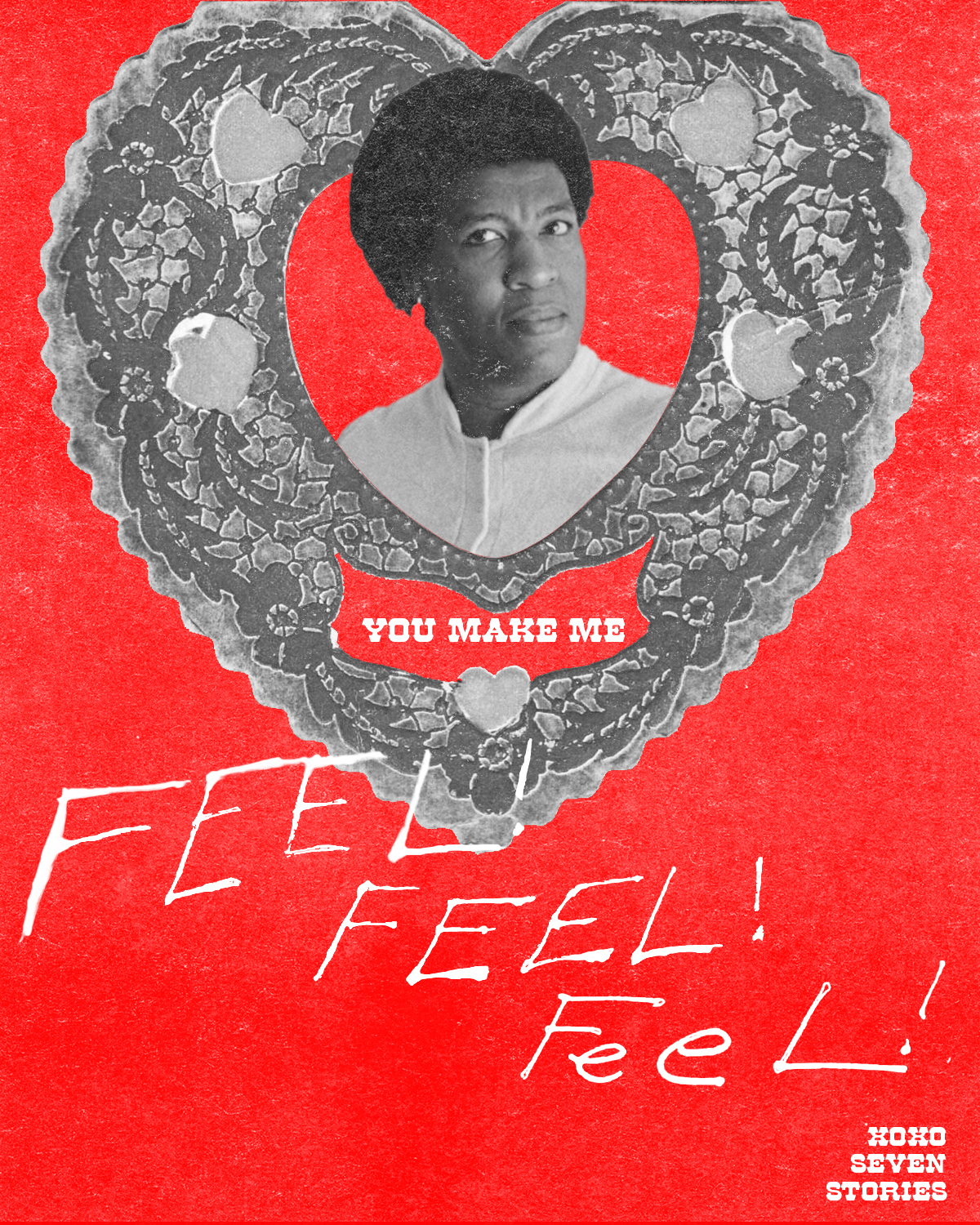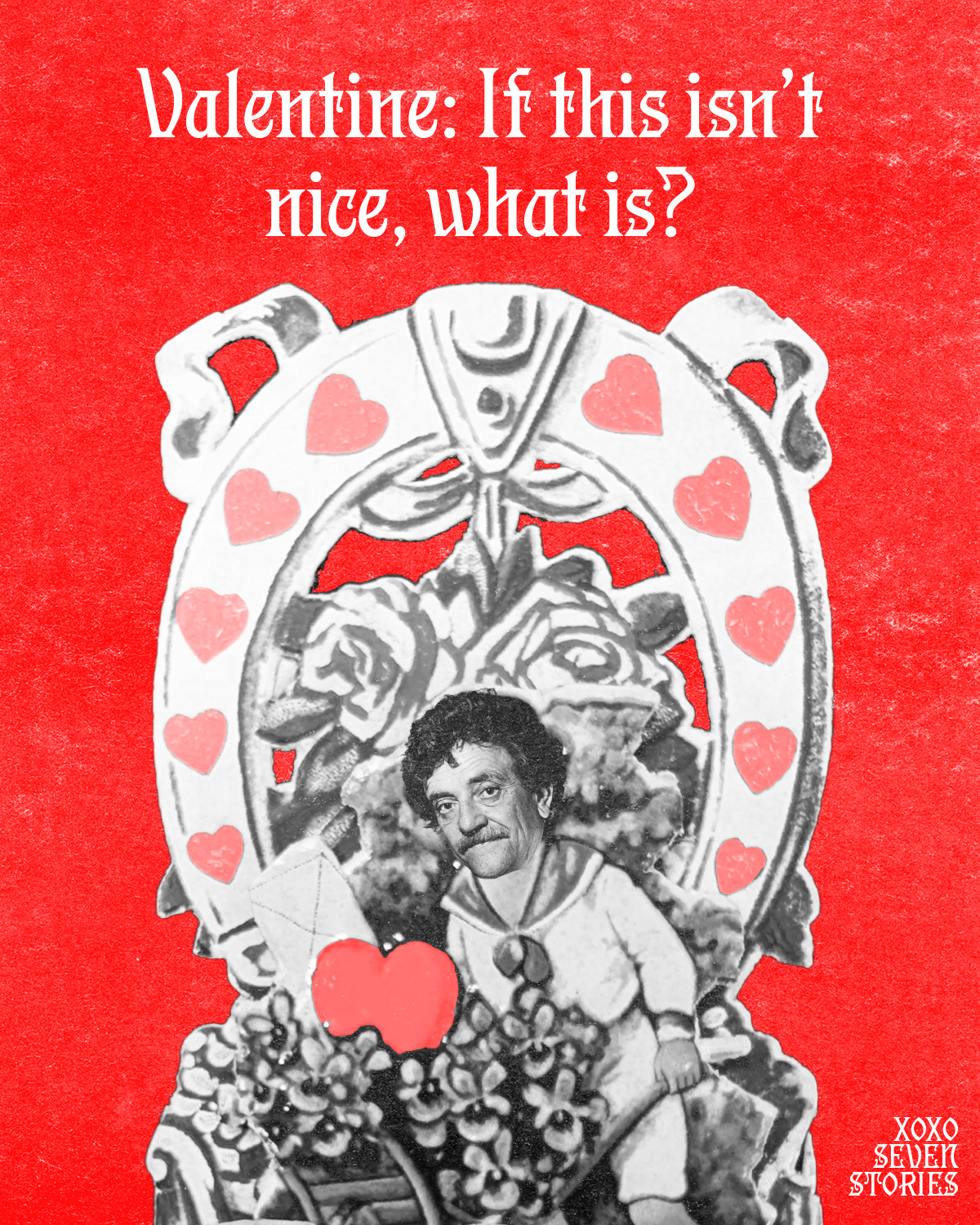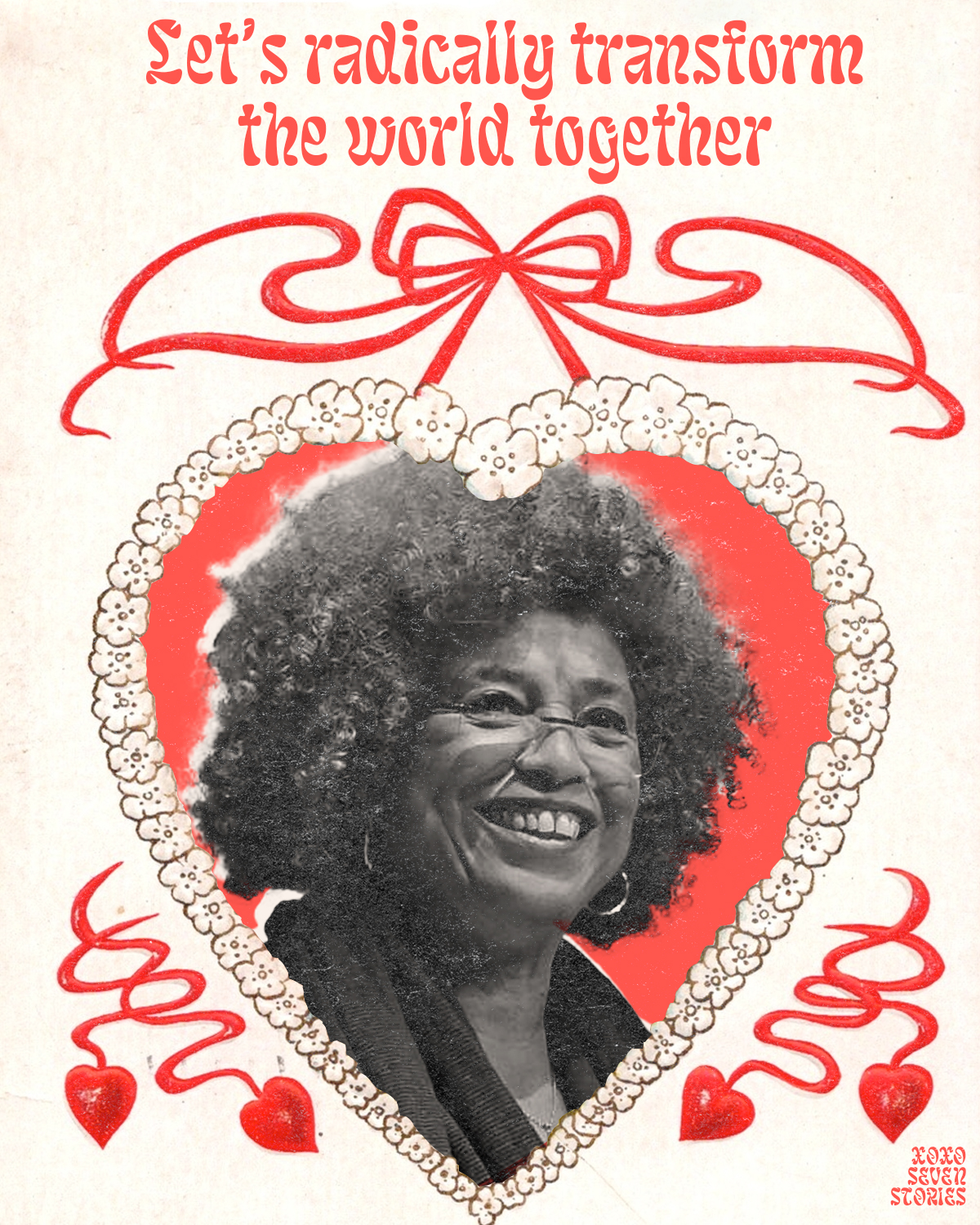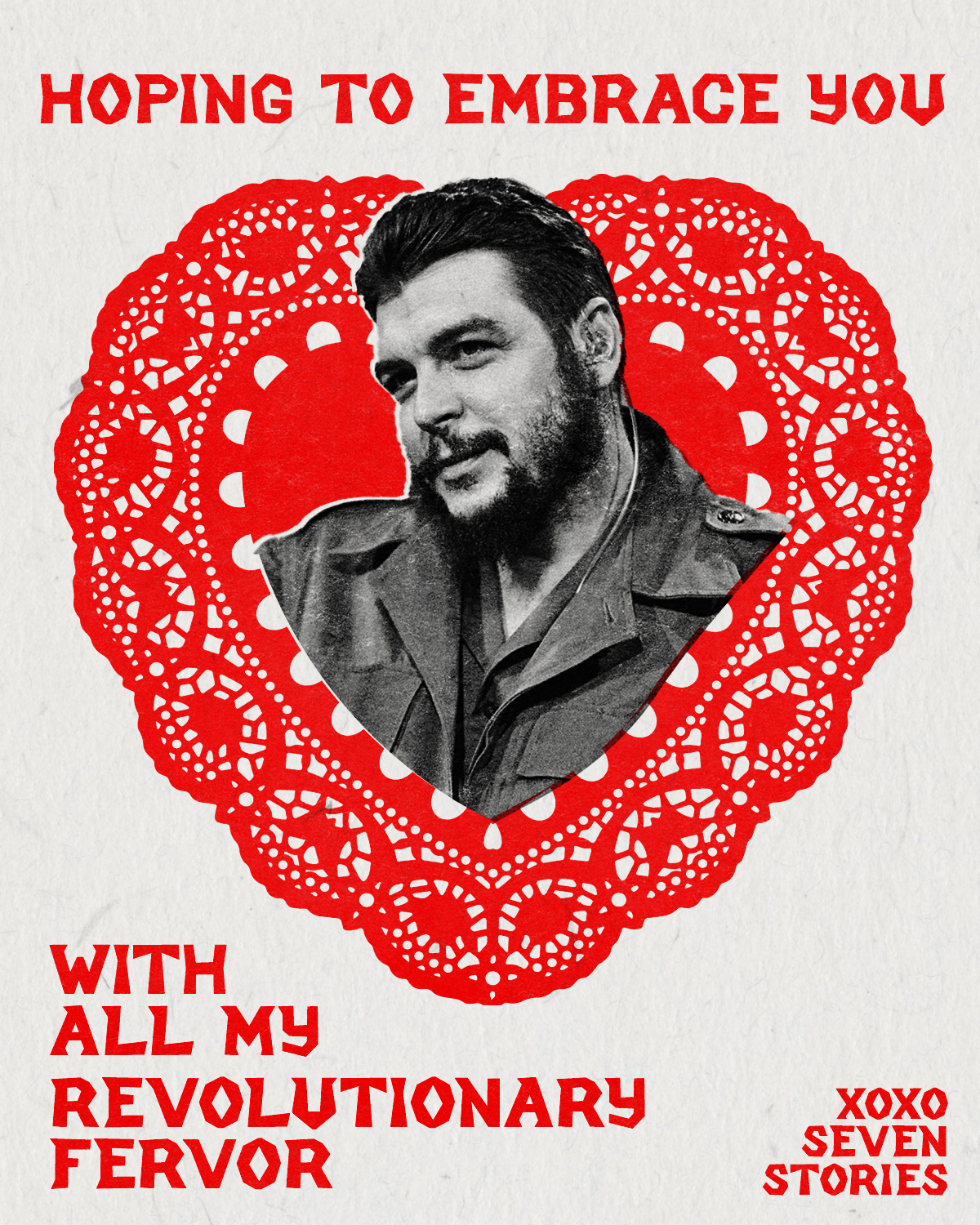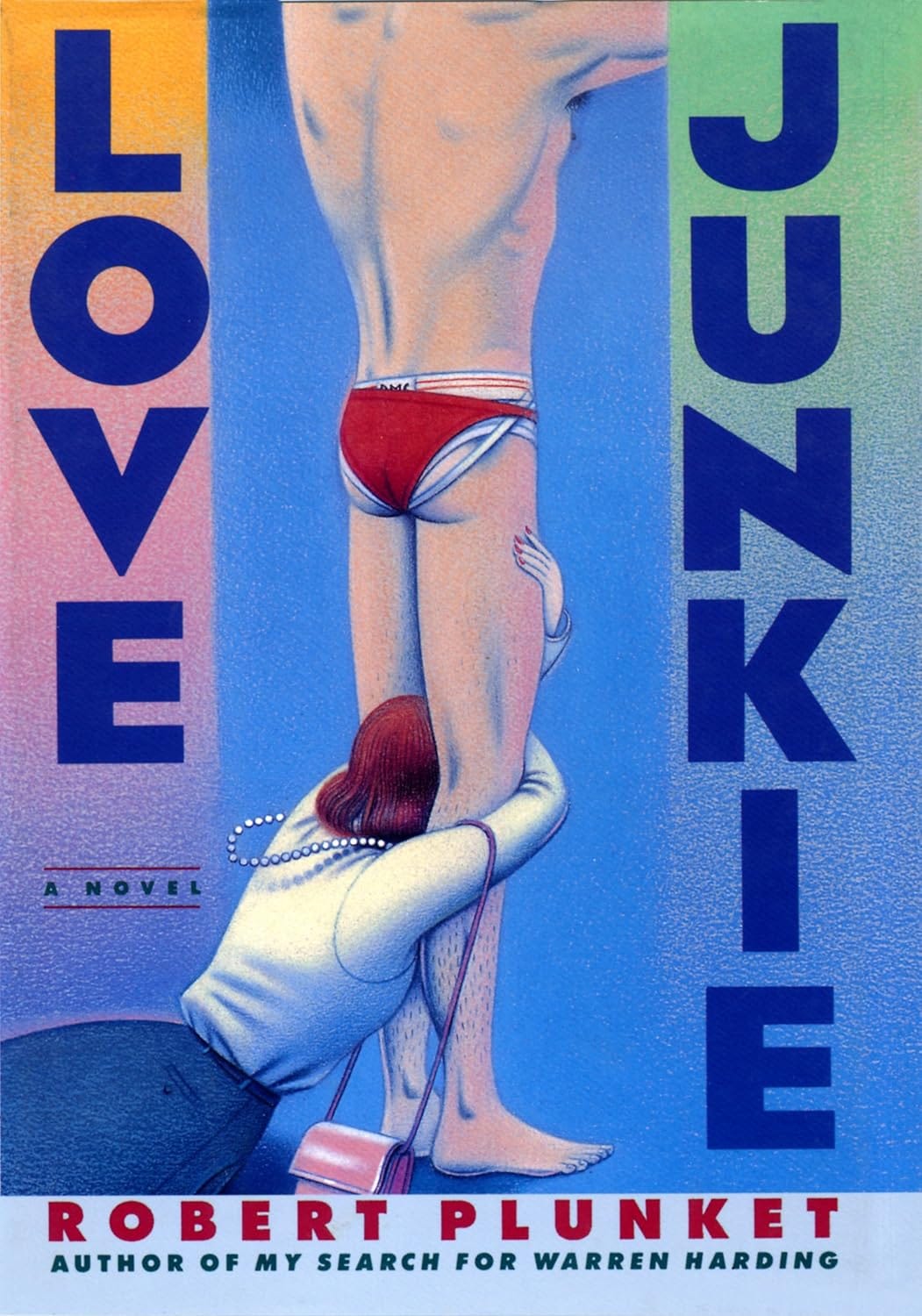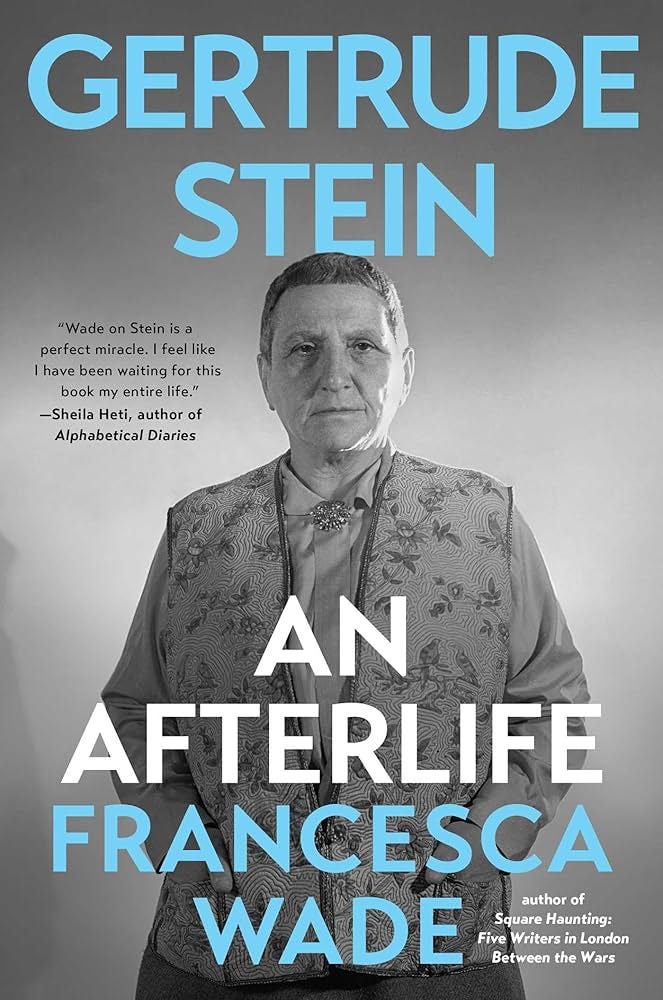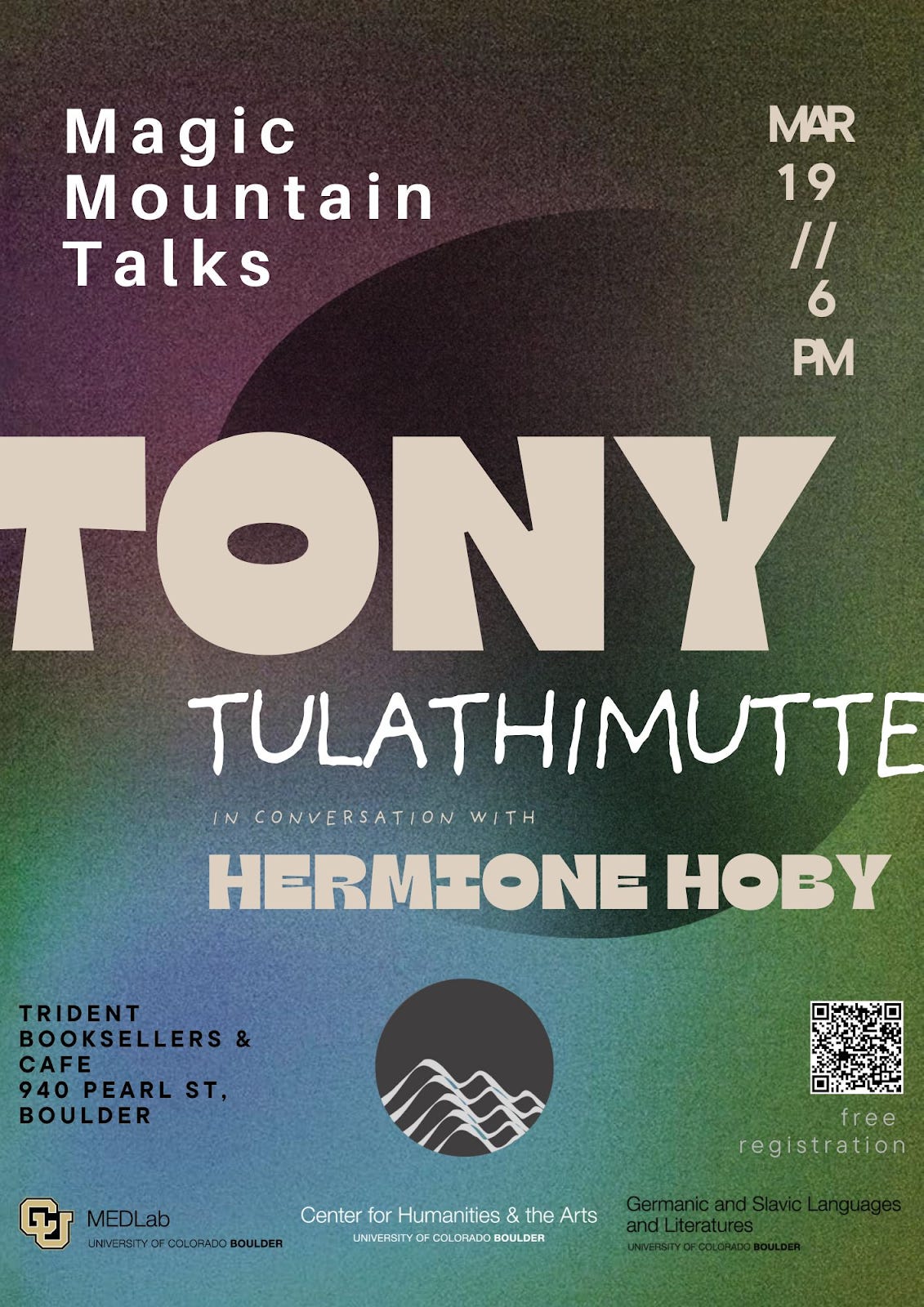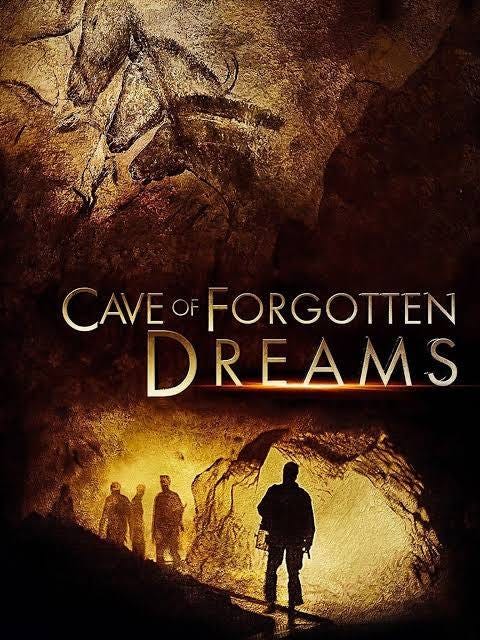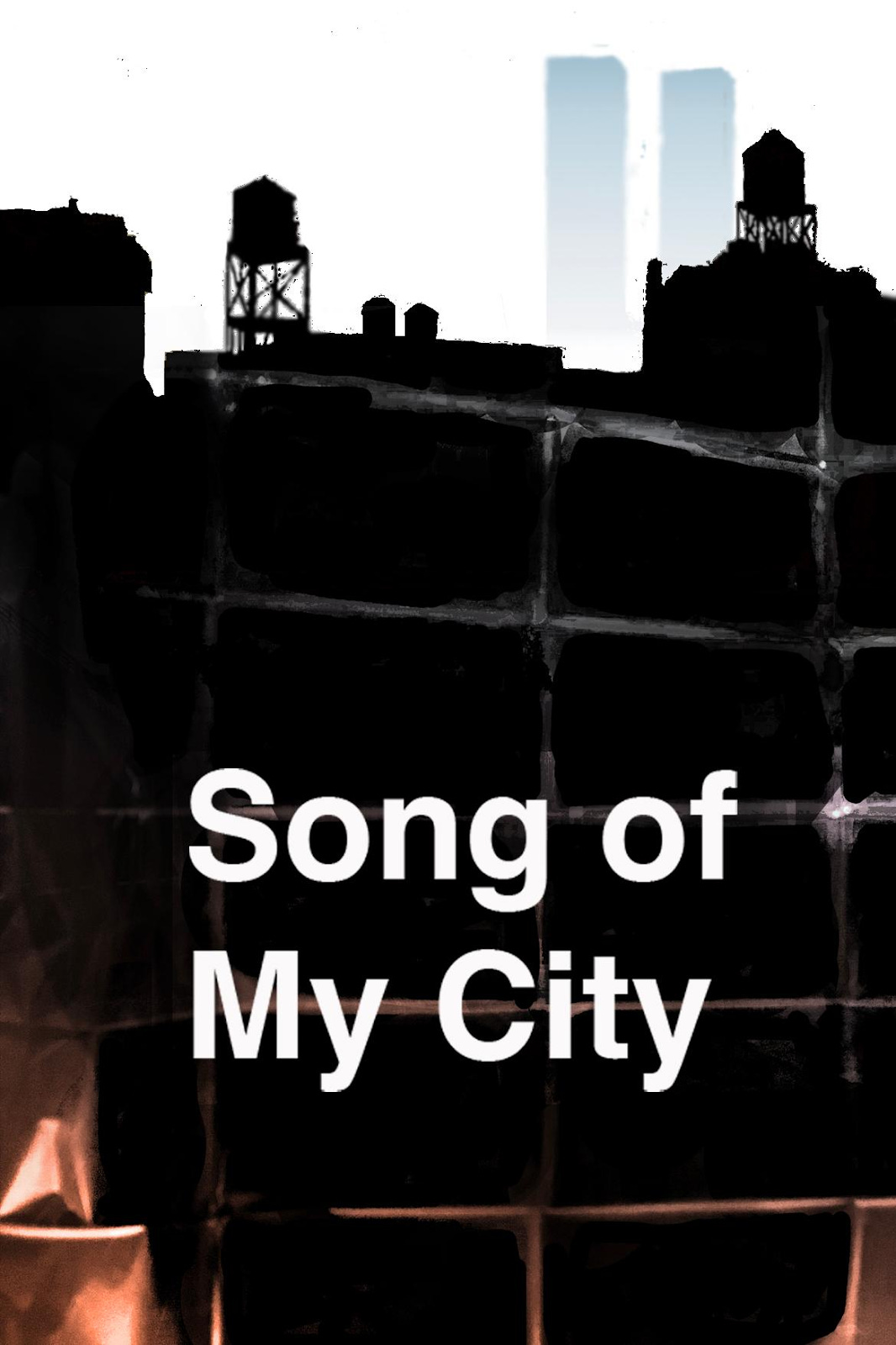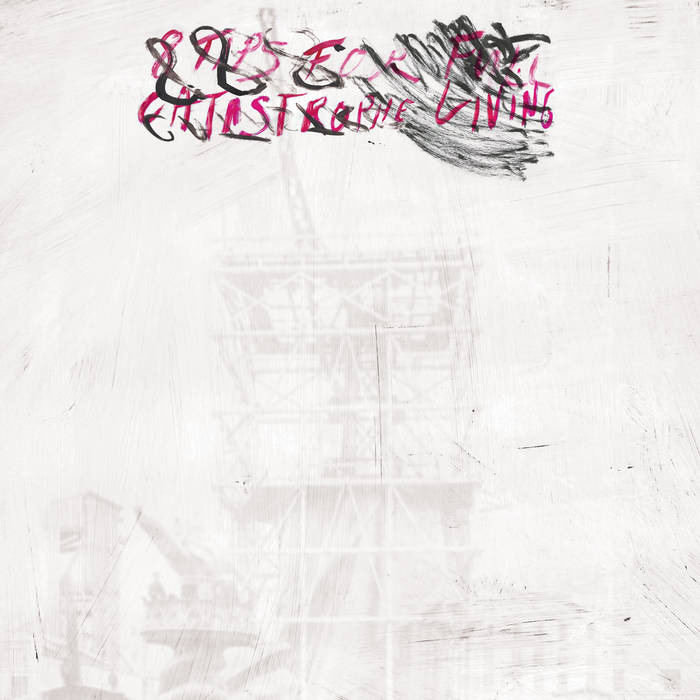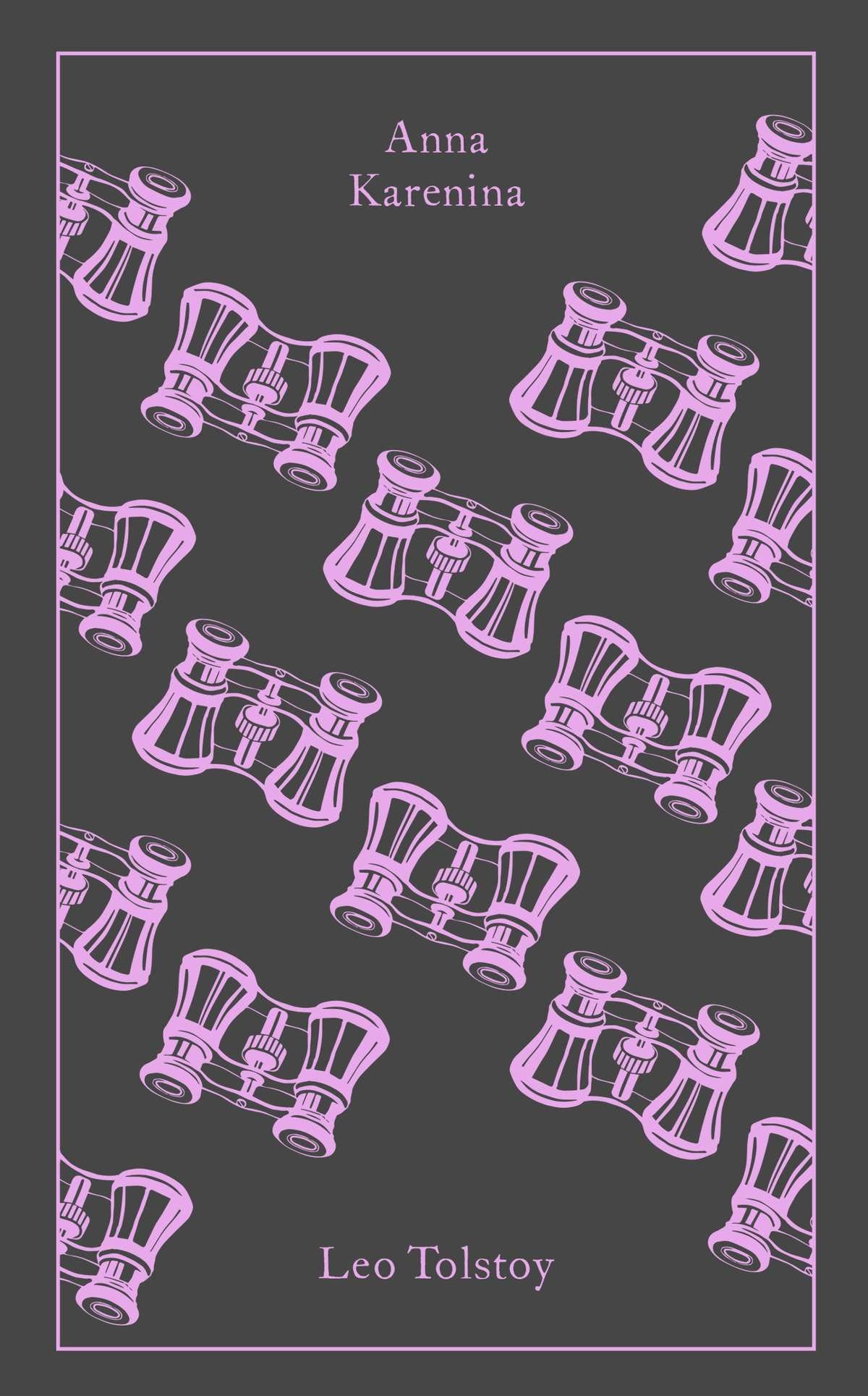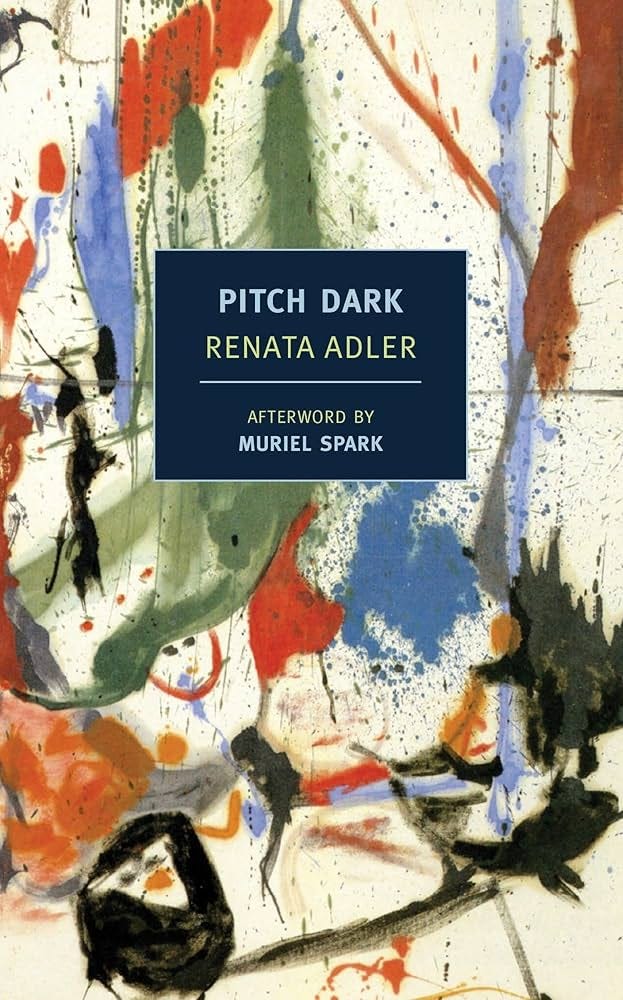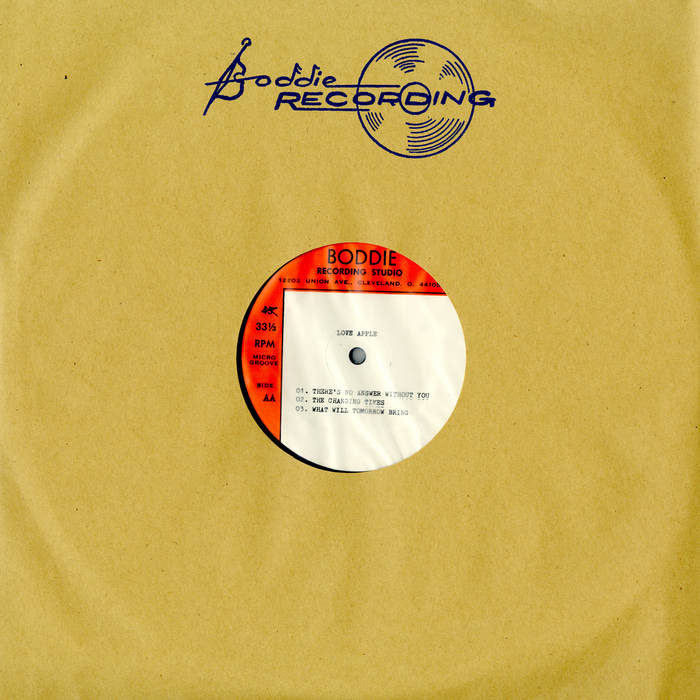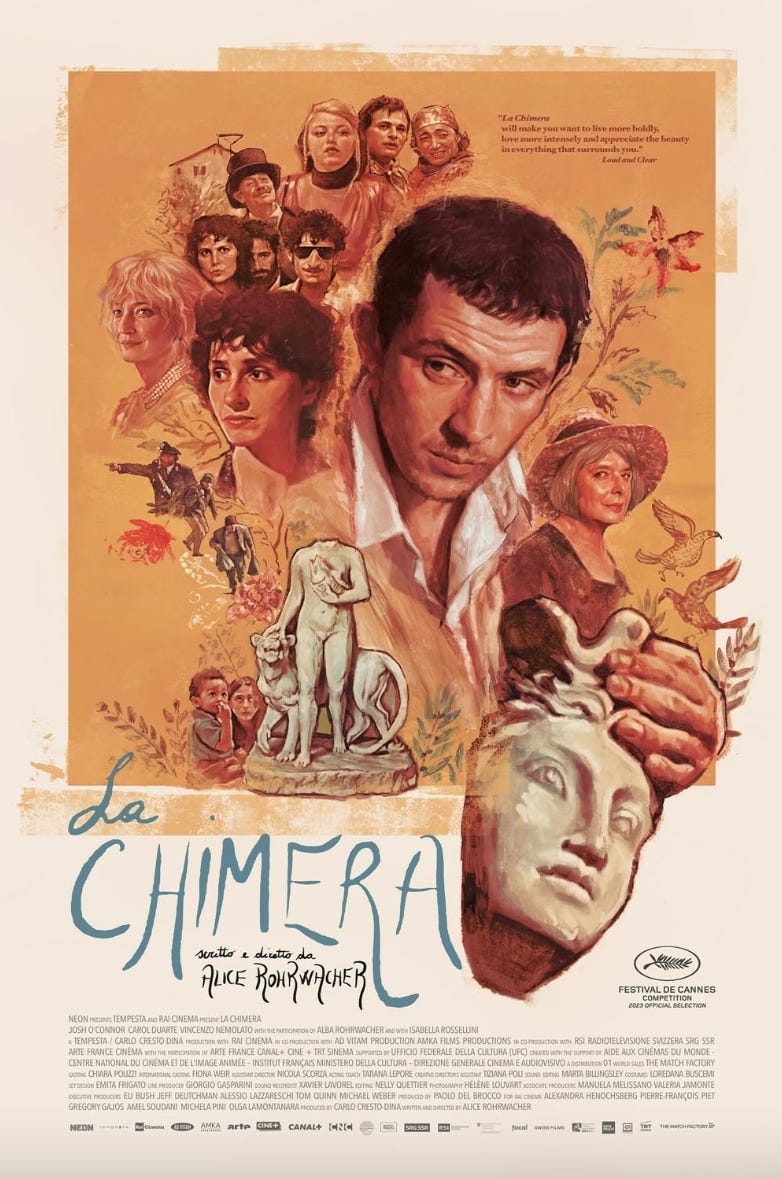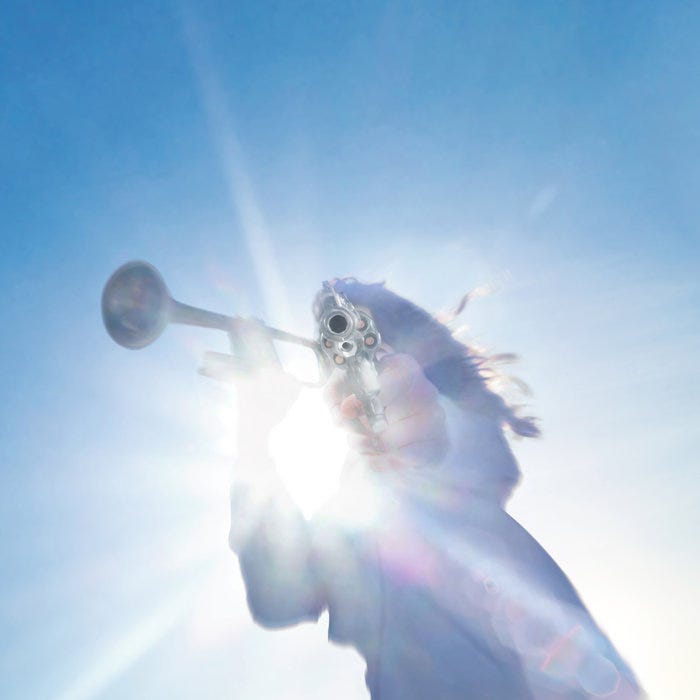Out now, Tova Reich’s new novel is a raucous and biting tale of a Catskills reeducation camp for wealthy sex pests, helmed by a wealthy benefactor named Jeffrey Epstein (not that one), who just wants to clear his name.
When Manhattan's preeminent writer manqué, Gershon Gordon, receives a thick envelope containing his acceptance to someplace called Camp Jeffrey Epstein, he’s incredulous. True, his already stagnant career has recently ground to a full stop due to accusations of sexual impropriety, but the disgraced financier is dead, and besides, Gordon hasn’t even applied. Despite his reservations, during a freakish winter heatwave Gordon soon finds himself at a former Borscht Belt hotel in the Catskills, seated among the chosen ten — nine men and one woman — selected as members of the inaugural class of Camp Jeff. He hopes he might at least get a book out of the bizarre program, a luxe experimental therapeutic regimen designed to rehabilitate its campers, all of whom have been laid low by the #MeToo movement.
Written in Reich’s signature satirical mode, Camp Jeff revels in its brazen indictment of contemporary masculinity, elite arrogance, and therapy culture. Her whip-smart dialogue and unsparing pen reveal rather than merely mock: here is a deeply considered work of psychological portraiture and a profound examination of contemporary American culture.
CAMP JEFF BY TOVA REICH
CHAPTER ONE
They called it Camp Jeff, short for Jeffrey Epstein, named in honor of the benefactor who had endowed the famous center in the Catskills for the reeducation of #MeToo offenders caught in the hashtag. At first there was serious resistance to the project, not so much to the idea, which, in general, was deemed salutary, redemptive, but rather to calling it by the donor’s name, thrumming as it did with so much negative resonance. That, however, was the only condition on which this visionary Jeffrey Epstein— the good Jeffrey Epstein—would not budge. He had made his fortune in potions and creams drawn from original recipes passed down through the matrilineal line, into which he had poured every drop of his male energy. With such a background, when it came to women, strong and powerful was his personal preference—he wanted only to be knocked out with awe. Maybe a day would come when the name would become permanently soiled and unusable—like the name Adolf Hitler, for example— but in the meantime, statistically speaking, it was likely that there was more than one man still at large called Jeffrey Epstein. Why should he let himself be robbed of his good name, why should he collude in its defilement due to one rotten carrier? No, he would put the name—his name!—right out there to grab the attention span of the public. It would flash like a beacon cautioning all comers that they, too, could end up like the bad Jeffrey Epstein, swinging from a noose in a jail cell, a suicide or murder victim, take your pick, but at the same time, it would also send the message that not every Jeffrey Epstein has to be a pervert and a deviant. The good Jeffrey Epstein would cleanse the name, he would purify it as with one of his Hungarian bubby’s magic Magyar lotions that kept you forever unblemished. The renewal of the name would be reflected in the renewal, the rehabilitation, of the sinners. He envisioned a network of camps stretching well beyond New York State, beyond the borders of the USA, internationally: Jeffrey Epstein Worldwide—yes, JEW, unfortunately. Because, though nobody dared to utter this out loud as part of the conversation, a disproportionate number of the hashtagged were, as it happened, Jews, like the recipients of the Nobel Prize.
The camps would be situated in the rural outskirts of the great coastal cities bookending the American heartland, and it was anticipated that they would be populated largely by representatives of the fallen leading lights endemic to the particular shining metropolis in the latitude. In the flagship New York Camp Jeff, for example, you already had your respectable concentration of literary and media types, your intellectuals, your finance guys; in the prospective Boston offshoot, you could count on servicing your academics and scientists; in San Francisco, your tech boys; in Los Angeles, titans in The Industry, and so on. But as it turned out, thanks to the mordant humor of the gods, Camp Jeffrey Epstein, the branch in the heart of the Catskill Mountains, remained alone of its kind, one and unique, and consequently, with nothing to rival it, the most prestigious and sought after. The elite of the fallen, in particular its proud intelligentsia—that is, those who were not out-and-out rapists and pimps and traffickers, and who had not actually landed in jail and indeed had not even been fined but instead simply had been publicly shamed while muttering abjectly sorry-sorry-sorry, then instantly removed from whatever lofty position they had occupied, and from polite society in general, as if pincered like a louse between the tips of long steel tweezers, extracted and shunned—every one of these outcasts singled out for reprogramming wanted desperately to get into Camp Jeffrey Epstein New York. Even if it meant enduring the insult of reeducation, especially the demeaning group sessions and other moronic communal requirements, nothing but lowbrow brainwashing, bottom line, refereed by pathetically inferior nobodies no less, it remained their top choice. Competition for acceptance to Camp Jeff, the New York branch, was brutal.
It was located in the swath of the Catskills that in its heyday had been known as the Borscht Belt, in the once-gilded old Lokshin Hotel and Country Club that the good Jeffrey Epstein, patron and philanthropist, a man who prided himself on being endowed with normal domesticated sexual appetites unlike his namesake, had rescued from collapse and abandonment, and set about renovating and refurbishing to meet the highest standards suitable to a rehabilitation center. The fabled attraction of the old hotel, now on the way to a full remodeling, top of the line, was what had been called in the old days the Murray Lokshin Casino and Lounge, honoring the establishment’s visionary founder, where once, in those golden years, the best talent, singers, dancers, and especially comedians, brilliant rising jokers, had been showcased. The former Murray Lokshin Casino and Lounge, now known as the Jeffrey Epstein Social Hall, had been totally reconfigured, thanks to the generosity of the good Jeffrey Epstein, provided with all of the prescribed larger and smaller public and private spaces for the performance of serious therapeutic group dynamics as well as individual self-examination, reflection, healing. Yet in a gracious, truly a nostalgic, nod to the golden days of Jewish immigrant striving and hopefulness, the honorable Jeffrey Epstein had also arranged for a section of the Murray Lokshin Casino and Lounge to be carved out for a cutting-edge theater space called the Zuzi Epstein Playhouse, a tribute to his lost daughter, named for her formidable great-grandmother—the girl who had exited too soon, exercising her right to choose. Upon its stage, inmates, or “campers” as they were called, from the world of entertainment could get up, and as one of them, that wise guy Gershon Gordon, the world-famous literary powerhouse and public intellectual, put it, expose themselves.
Indeed, a good number of the campers were true celebrities whose sojourn at Camp Jeffrey Epstein New York was one of the primary features that made it such a desirable destination for those hashtag degenerates self-channeled to the reeducation track. The acclaimed comedian Arnie Glick, for example, a camper there, was known to venture up onto the Zuzi Epstein Playhouse stage as often as would be tolerated to unload himself of some Glick-shtick to keep in shape for his desperately fantasized comeback. The finale, which every insider breathlessly anticipated, occurred when his co-inmate Gordon would roll up in his wheelchair to the foot of the stage, dressed in his trademark blacks—black sports jacket, black turtleneck, black jeans, the entire ensemble topped by a black velvet yarmulke setting off his signature white bouffant, his hair having gone prematurely, or, better, precociously, white—as the master (who would have found Gordon’s particular head covering most disagreeable) once nailed an ambitious, albeit fictional, Bostonian, also a self-styled writer and intellectual. Thus decked out, Gershon Gordon would boom out, “Shut up already, Arnie Prick,” the entire audience of inmates chanting along in jubilant chorus.
“Oh, Arnie Sick, Arnie Very, Very Sick,” Glick would wail so desolately, so penitently, a living testament to the success of the indoctrination by the mental-health storm troopers to which he had been subjected as an element of the Camp Jeff deprogramming, and he’d go limp and deflate into a puddle right there on the floor of the stage, as if resigning himself to be wiped up and flushed into the sewers, dragged off ignominiously from the wings by a cane hooked into his collar as in the legendary Lokshin days. It was a smashing routine, classic, Gordon and Glick, Vladimir and Estragon. What were they waiting for? With full faith they awaited the day when the nightmare that had ensnared them in the hashtag would come to its inevitable end like every other fad, like every other perverse fanatical craze that had gripped society over the millennia, and real life would resume. On that day they would make their reentry into the newly enlightened world as if emerging from a leper colony, climbing out of a pit crawling with scorpions and snakes, they would go forth together, born again, welcomed and hailed as honored survivors.
At Camp Jeffrey Epstein New York, Gershon Gordon, so gifted, so charming and erudite, trapped by the legend of his own precocity and ambition into a career as eternal prodigy and potential, was acknowledged intellectual royalty; gratefully, Arnie Glick accepted the supporting role of Gordon’s personal fool. The duo were joined by the news anchor Bob Bloom and the talk show host, Bob Blatt, the Two Bobs, fallen media giants dragged out of the tube, their names and faces instantly recognizable in every household across the fruited plains, far surpassing in primetime fame whatever nod had ever been allotted to Gordon or Glick. Together, the four of them made up what Arnie Glick, scarred forever by his high school years, from which he still extracted most of his material, called the Popular Group, the coolest clique on the premises having the most fun right in your face, everyone longed to crash their party. They were the Gang of Four, as the more evolved Gordon dubbed them, the Four Amigos, the leading nutcases in the cuckoo’s nest. Brandishing the power of their quartet, they took sad satisfaction during this dark intermission in their once radiant trajectory on earth in sabotaging the staff of inferiors—the mental-health mafia, therapists of every school, all of them women by birth or choice, including the administrators and the nurses of course, sculpted and toned for those emergencies when fitness and force would be required. All four of them, Gordon and Glick, Bloom and Blatt, were enviably good talkers, that was their trade, it was how they had once earned their living, seduced their benefactors, supported their habits, but here at Camp Jeff, they all deferred to Gershon Gordon, by unspoken consensus Gershon Gordon was their voice. This was because, as Arnie Glick explained, Gershon Gordon got into Camp Jeffrey Epstein due primarily, though not exclusively, to sins he had committed with the so-called harassments that came out of his unzipped Jewish mouth, whereas they, the Two Bobs and Arnie himself, had sinned without foreplay, with the clipped Jewish weapon that suddenly, startlingly, they yanked out of their pants.


